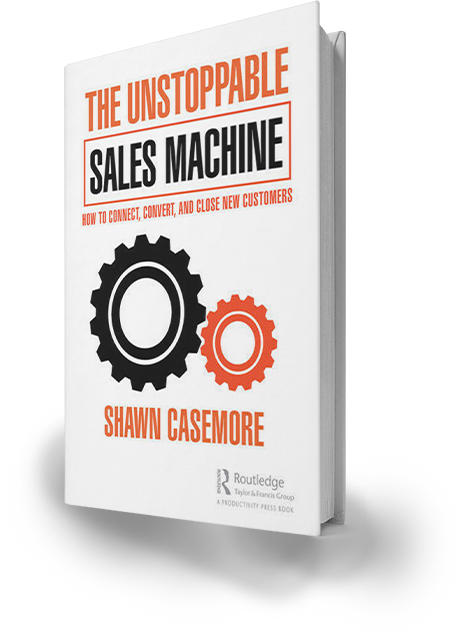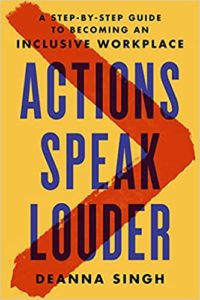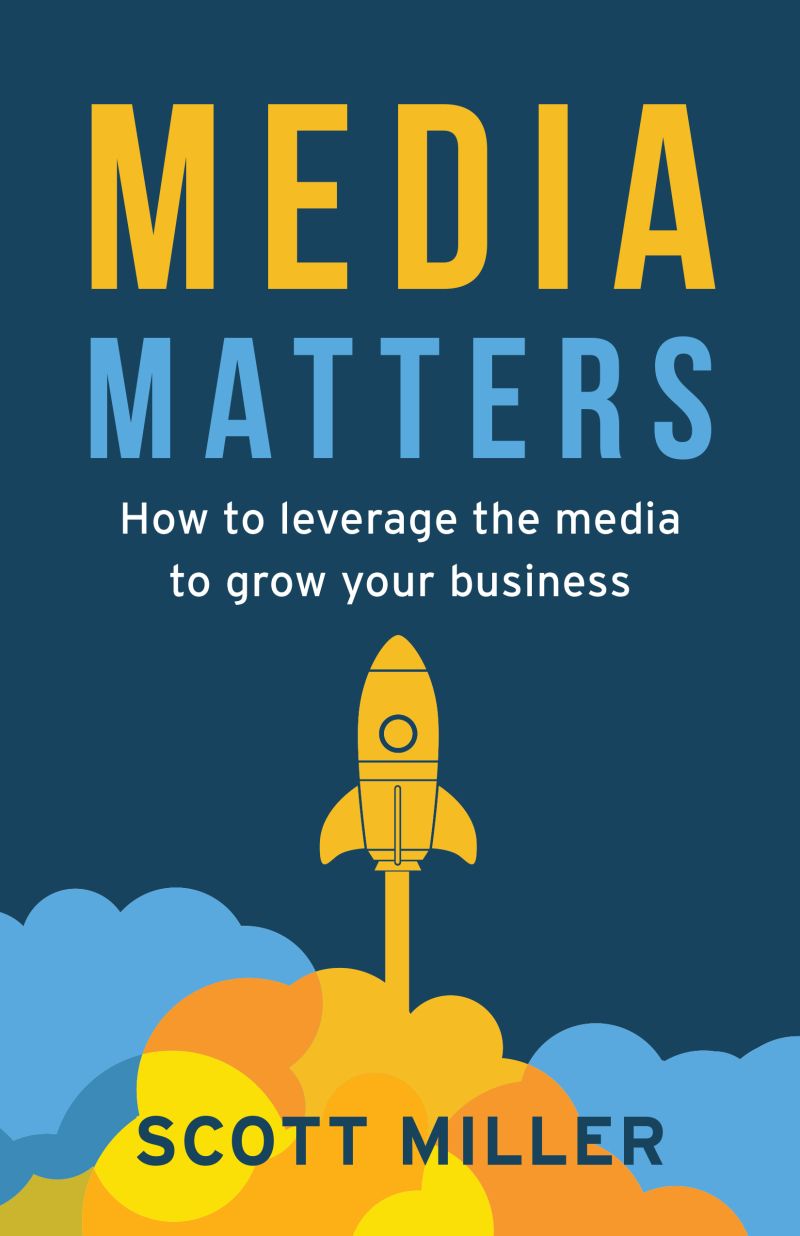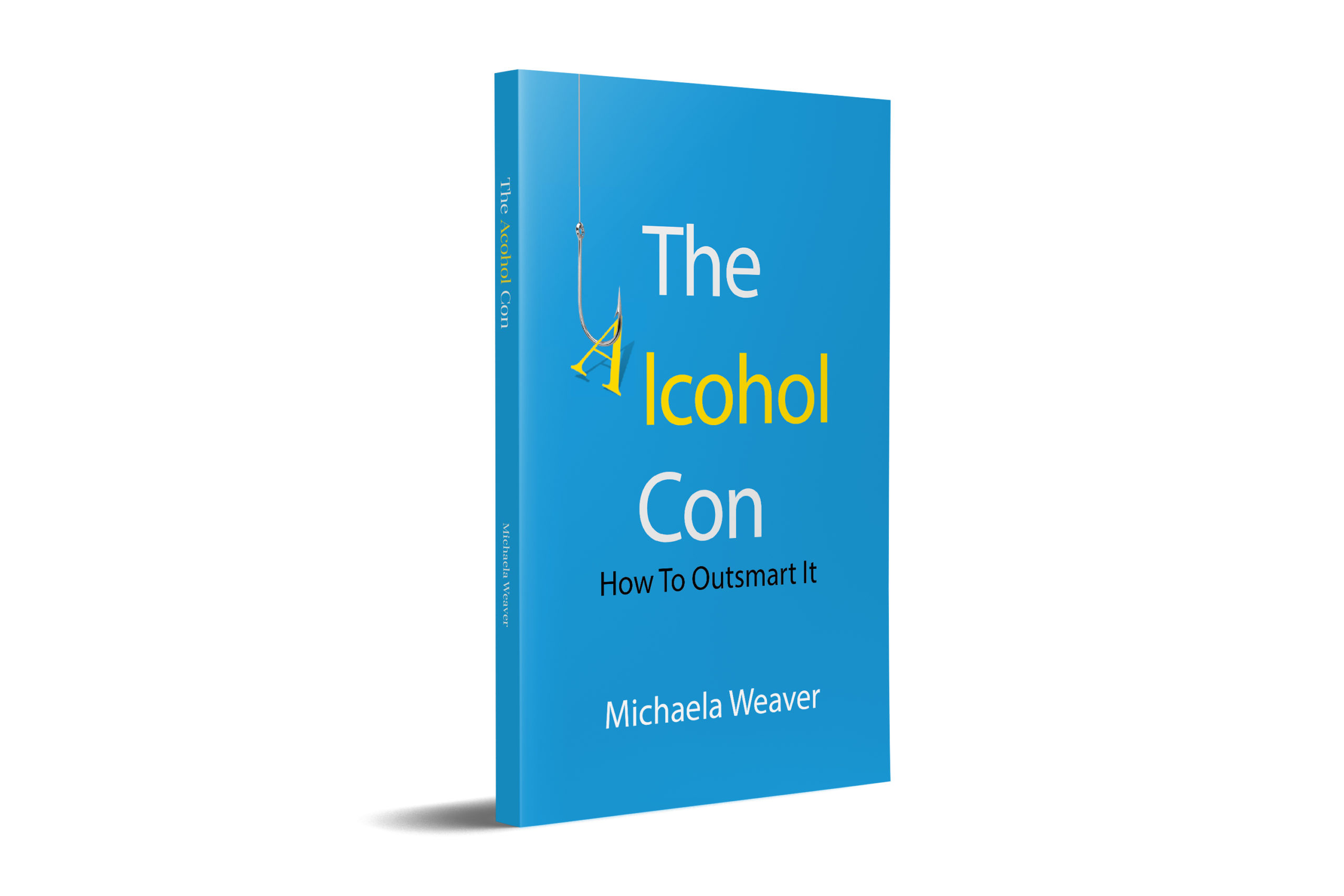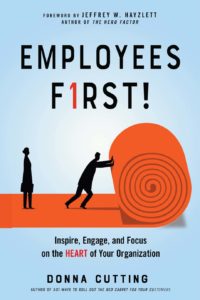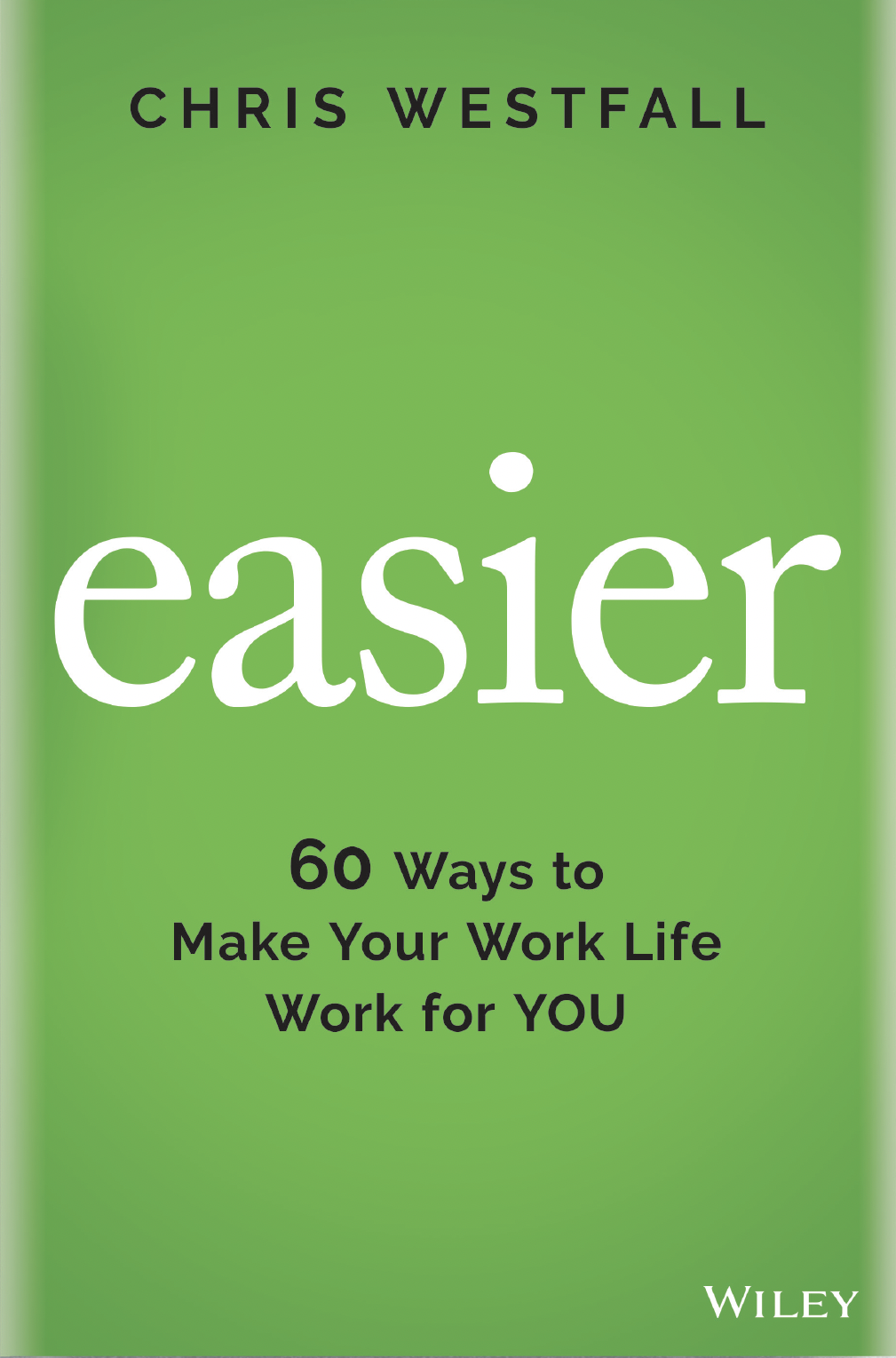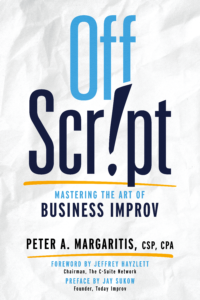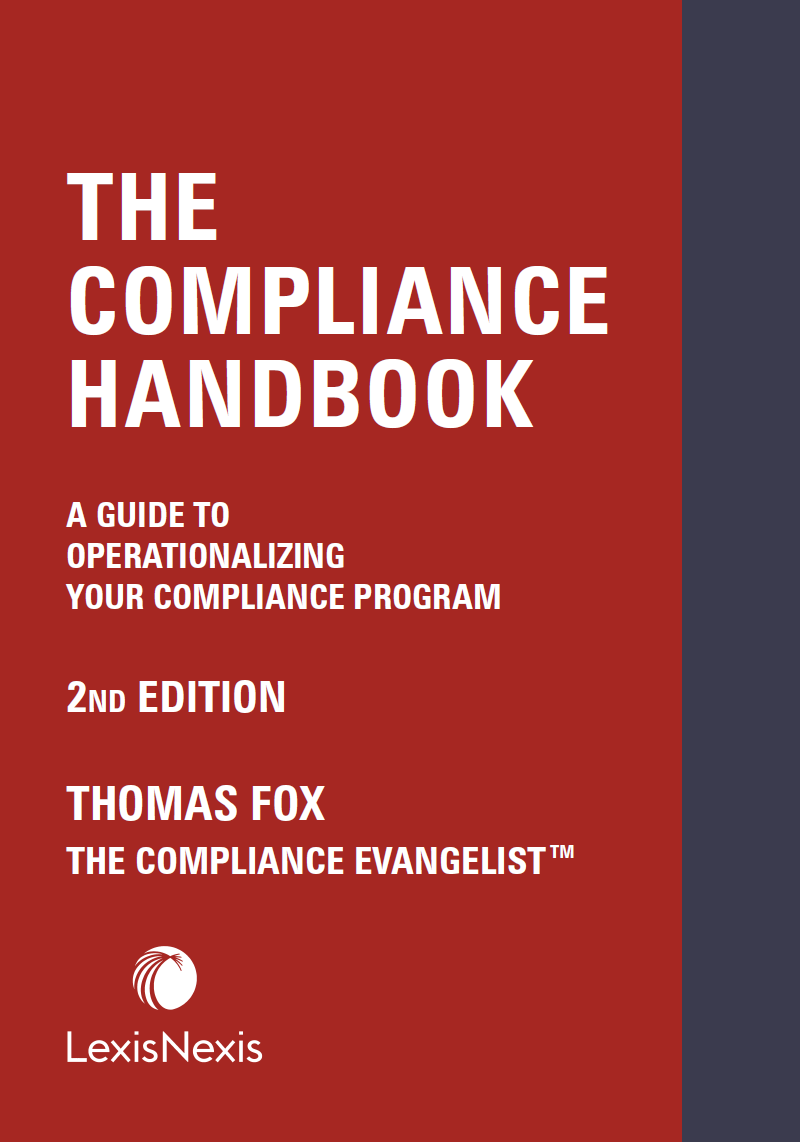The Retirement Maze
Rob Pascale
Millions of baby boomers are just beginning to retire, and in doing so many are likely to run into adjustment problems, such as loss of identity, deterioration of marriage and social life, and feelings of disconnectedness to the world. Studies have found that as many as 40% of retirees have difficulty adjusting, and even those who claim to enjoy retirement may experience some uneasiness as they adapt to a life lacking in structure and direction.
This book investigates the struggles faced by retirees in building a new life outside of the workforce. It provides an honest assessment of retirement, based on the not-always-acknowledged fact that it is a difficult transition with pitfalls and obstacles to be overcome.
But along with uncovering problems, the authors also propose solutions to enable both current and future retirees to be better prepared, allowing them to avoid being blind-sided by unexpected situations. By reading about the experiences of their peers, current and future retirees will come to understand that others share their difficulties adjusting, and that tactics are available to improve their comfort level in retirement as well as their overall well-being. Retirees and those planning for retirement will find in these pages what they need to make retirement successful and enjoyable.

About the Author
Rob Pascale, PhD, founded Marketing Analysts, Inc, a quantitative market research company, in 1982. Dr. Pascale retired from full time responsibilities at MAi in 2005 at the age of 51. Throughout his 25-year tenure as president of MAi, Dr. Pascale was directly involved in over 5000 research studies for more than 50 of the largest corporations in the world, and has polled well over 2 million consumers.

The Pushes and Pulls in the Retirement Decision
When we’re faced with the decision as to whether or when to retire, virtually all the factors we have to consider can be looked at as having either “push” or “pull” qualities. Some things that occur in our lives pull us to retire, while others push us out of the workforce. Whether we’re pushed or pulled into retirement can impact on how well you adjust to that lifestyle.
As a general rule, pulls are good and pushes are bad. When you’re pulled into retirement, you’re enticed by the lifestyle; retirement is seen as the logical next step and something to look forward to, and you usually take that step by choice. Being pushed into retirement means the decision is often forced upon you, regardless of how you feel about your job. You are essentially thrown out of the workforce without much choice in the matter.
Here are some examples as to what we mean. Two of the most important considerations for retiring are money and health. Financial security works as a pull factor. Once we have achieved financial critical mass, we’re no longer obligated to continue working. So if we decide to retire, it’s because we see its benefits. Those who retire without the means to afford it, on the other hand, are almost certainly pushed in that direction.
Health is mostly a push factor. While some people might consider retiring because their good health allows them the mobility to live well, the reverse is more often the case. Individuals suffering from serious illness or functional impairment may no longer feel they’re capable of doing their jobs, and so retirement becomes the only feasible alternative.
Personal factors, such as values, aspirations, and thoughts about how life would be like outside of work can be one or the other. Personal issues act as pulls if they have a positive tone, such as when retirement is seen as an opportunity to pursue new goals. However, negative feelings, such want to retire because we dislike our job, operate as pushes. Leaving a bad environment just to “get out” is a very different proposition from moving to a new environment because you expect benefits.
Many retirees who have been pushed into retirement tend to run into adjustment problems right from the start. They often have little advance warning, so they’re mentally and emotionally unprepared for the event. Without the right mindset – to become retirees in their heads -- they’re less likely to make the psychological break from their careers. Furthermore, they’re likely to feel angry, resentful, unappreciated, and abandoned as a result of their circumstances, and these feelings might interfere with their ability to develop a new lifestyle.
In our survey of 1400 retirees, one of our respondents, a police chief who was forced to retire, described how he was prevented from enjoying his retirement because he could not come to terms with the events that led to it. According to Charles, “I was consumed with the way my career ended. I was running the work lives of a number of people and now I had nothing. This was not just a job to me; it was my life and identity. It was just too much for me to accept, because I didn’t come to that out of my own choice. It took me years to finally give all this up and start living again.”
In contrast, those retiring by choice have the benefit of knowing in advance when they will retire. They don’t have the stress of an “off-time” exit, so they have a better opportunity to plan their futures, as well as adopt the right attitude. They often begin distancing themselves from their careers while still in the workforce. They use the last few months at work to break away from their worker identities, while building up their connections to the retirement role.
In our own survey, we found choice retirees (i.e., those pulled into retirement) have more going for them than just time to prepare. They are motivated and passionate about things they want to do in retirement. They believe these activities will be rewarding, sometimes even more so than their jobs were. Those forced to retire, in contrast, are much less enthusiastic about how they will spend their time. It’s not uncommon for them to feel they cannot find interesting things to do and just don’t know what to do with their time.
What really differentiates pulled and pushed retirees, and successful retirees from less successful ones, is a positive attitude. Retirees do better if they maintain a positive frame of mind and are proactive in developing a fulfilling lifestyle. A negative attitude, in contrast, deters us from seeing the benefits of retirement and limits our motivation to create a personally meaningful lifestyle. Unfortunately, that’s often the attitude held by forced retirees.
To be sure, there are forced retirees for whom the situation is not so dire. They like their job and don’t intend to retire soon, but have a sense that retirement may be thrust upon them. When it happens, they’re not completely caught off guard. Some may even have come to terms with the inevitable before it actually happens, and have already started mentally preparing themselves for leaving the workforce. Because they made the right mental adjustments, they’re better equipped to handle the retirement experience
If you’re a forced retiree, you can best serve your own interests by coming to terms with your circumstances as soon as possible. Assuming your financial situation makes retirement a realistic option, the first step is to acknowledge that your retirement’s a done deal and you have to get on with your life. Dwelling on how badly you feel about being thrown out of the workforce serves no good purpose whatsoever. It will only inhibit your ability to move forward.
Once you’ve accepted your fate, you need to embrace the idea of retirement. Begin the process of breaking your emotional connection to your job by thinking of yourself as a retiree. At the same time, work on developing the right frame of mind, by imagining the positives of the retirement lifestyle, such as freedom from stress and schedules. Turn your attention to how you will live in retirement, thinking about future opportunities. Work on making specific plans for your future, because these are critical for success.
Of course, none of this will guarantee that your retirement won’t have its downturns and disappointments, or that it will be as satisfying as your career. But it does put you on the right path so you won’t start your retirement in a mental state that will slow your adjustment down to a crawl.


